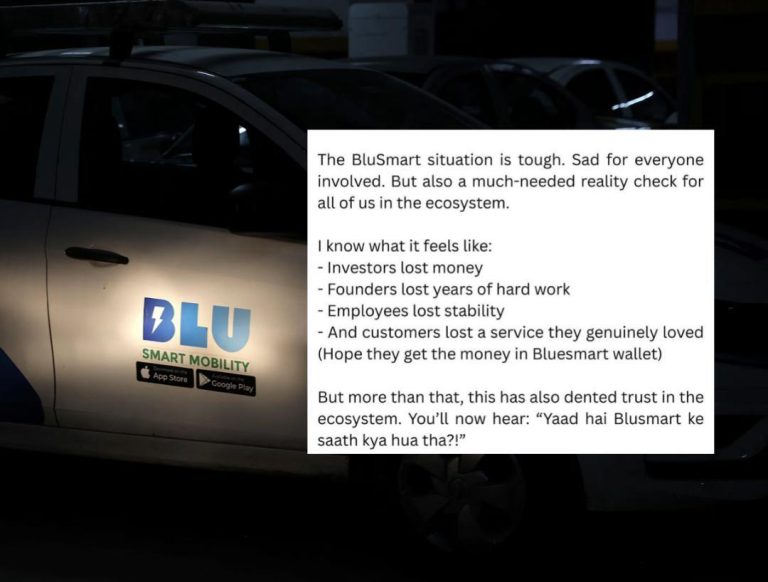
US Student Visa Crisis? SEVIS Rules & Legal Tips Explained
The US student visa crisis has sent shockwaves across the globe, particularly among Indian students who have been affected by the recent revocation of student visas and termination of SEVIS (Student and Exchange Visitor Information System) records. The Department of Homeland Security (DHS) has enforced a deadline under the Alien Registration Act, requiring all foreign nationals to register and comply with the regulations or face severe consequences. As a result, current and incoming students are left with uncertainty and concerns about their immigration status.
In this blog post, we will delve into the SEVIS rules and provide legal tips to help Indian students navigate the crisis and maintain their valid immigration status in the US.
What is SEVIS?
SEVIS is an online system maintained by the US Department of Homeland Security (DHS) to track and monitor non-immigrant students and exchange visitors in the US. The system is designed to ensure that international students comply with the terms of their student visas and immigration status. SEVIS is a critical component of the US immigration system, and non-compliance can result in severe consequences, including visa revocation and deportation.
SEVIS Rules and Requirements
To avoid visa issues and maintain valid immigration status, Indian students must comply with the following SEVIS rules and requirements:
- Registration: Upon arrival in the US, students must register with SEVIS within 30 days of their program start date. Failure to register within the stipulated timeframe can result in termination of SEVIS records and visa revocation.
- Program Completion: Students must complete their program within the authorized duration. Failure to do so can lead to termination of SEVIS records and visa revocation.
- Address Updates: Students must update their address with SEVIS within 10 days of any change. Failure to do so can result in termination of SEVIS records and visa revocation.
- Employment: Students with F-1 visas are allowed to work on campus for up to 20 hours a week. However, off-campus employment is only permitted under specific circumstances, such as internships, research projects, or co-op programs.
- Currency Requirements: Students must demonstrate sufficient financial resources to support themselves during their stay in the US. The required amount varies depending on the program and duration of stay.
Legal Tips for Indian Students
To avoid visa issues and maintain valid immigration status, Indian students must adhere to the following legal tips:
- Consult with a Qualified Immigration Attorney: If you are experiencing difficulties with your student visa or SEVIS records, consult with a qualified immigration attorney to ensure you are in compliance with the regulations.
- Register with SEVIS: Ensure you register with SEVIS within the stipulated timeframe to avoid termination of SEVIS records and visa revocation.
- Maintain Valid Immigration Status: Ensure you maintain valid immigration status by completing your program within the authorized duration, updating your address, and adhering to employment regulations.
- Demonstrate Sufficient Financial Resources: Ensure you demonstrate sufficient financial resources to support yourself during your stay in the US.
- Stay Informed: Stay informed about changes in SEVIS rules and regulations to avoid any misunderstandings or missteps.
Conclusion
The US student visa crisis has created uncertainty among Indian students, but by understanding the SEVIS rules and following legal tips, students can avoid visa issues and maintain their valid immigration status. It is essential for students to register with SEVIS, maintain valid immigration status, and consult with a qualified immigration attorney if they encounter any difficulties. By doing so, Indian students can ensure a smooth and successful academic experience in the US.
News Source:






